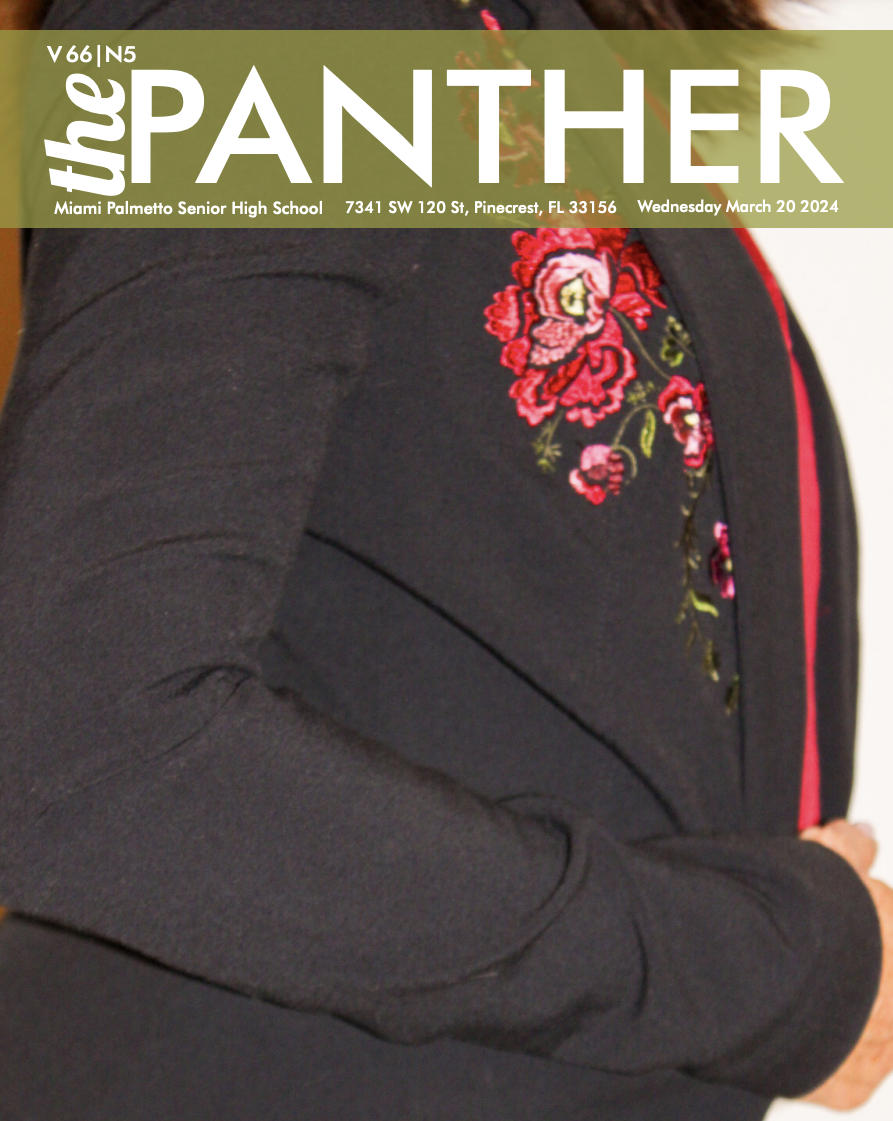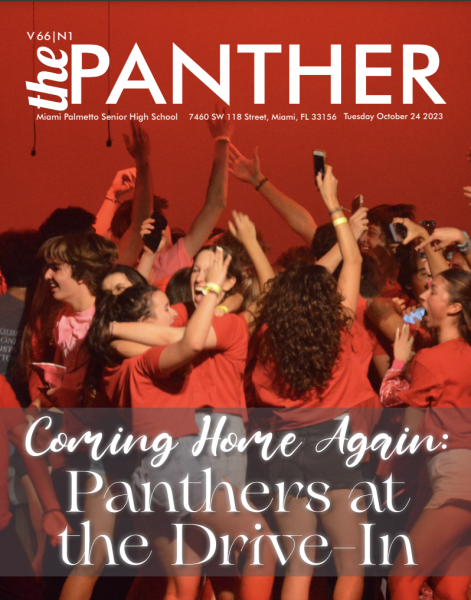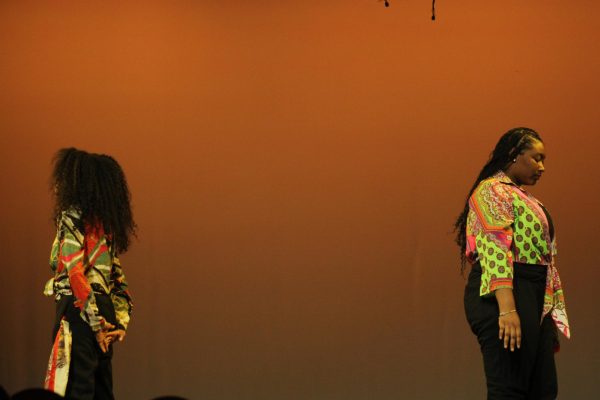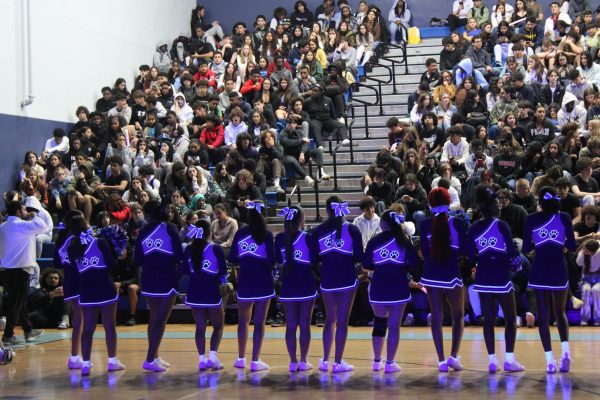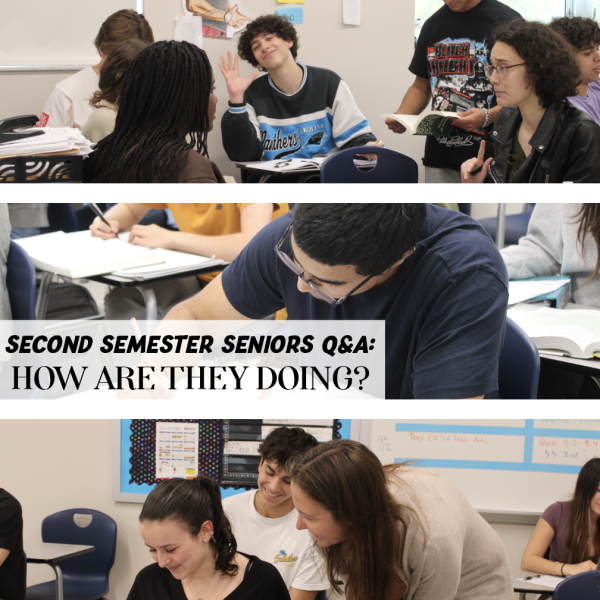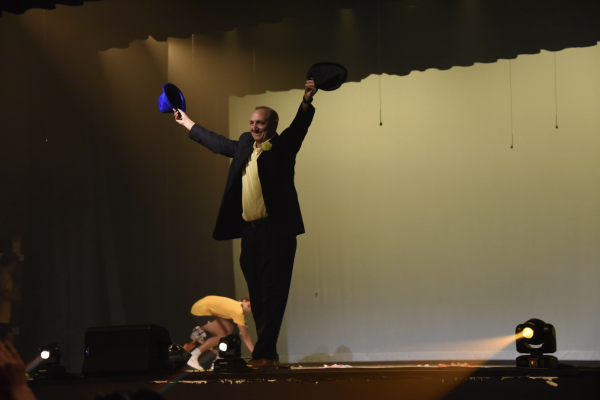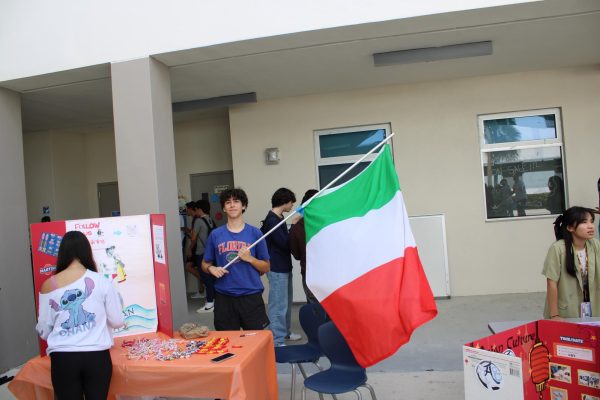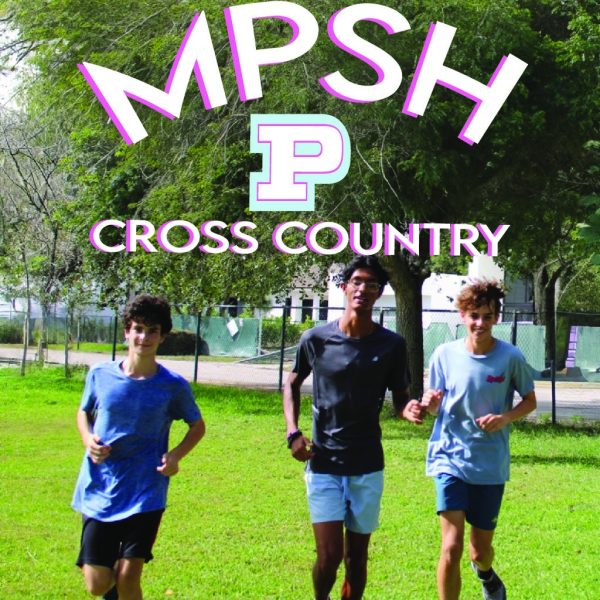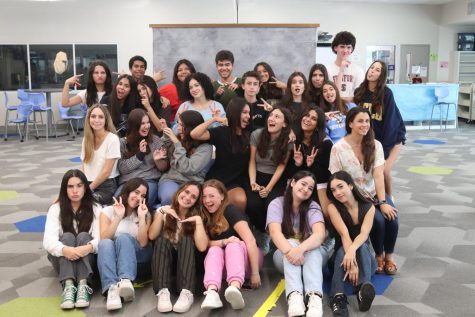Interview: Mercedes Soler
March 13, 2014
Describe your start in journalism.
I was 12 years old and I fell in love with the idea of being a broadcast journalist by watching Barbara Walters. I lived in Chicago, worked with my high school newspaper, knew I had a passion for it and studied it at my university. I found a radio program to get volunteer hours on Sundays in Spanish, and I worked for Loyola’s radio station in high school as a senior. The radio station broadcasted a 200-mile radius of the city of Chicago, so it was actually reaching people. Once I was accepted into the program, I started covering news right away but didn’t know what I was doing – it was educational, experimental. I went to Loyola for their journalism program and graduated with a communications degree in radio, television and film.
Was the radio show in Chicago something you created?
Tomás Martinez created the show three years before I got there, and he got his first opportunity from there. I married him, and the show is still on the air. When he graduated he had to leave the show, so I was a sophomore and I inherited the show. A lot of the volunteers were not students – they were from all walks of life – so I had the opportunity as a student.
What did you do next?
I stayed there as a volunteer hosting and directing a six-hour radio show for those four and a half years, so I had opportunities – two job offers in Spanish television, one in Chicago and one in Miami. My parents moved to Miami, so I took the Miami offer. I started in television at age 23, right out of college, about six to eight months out of it, and worked fully non-stop in television for 18 years. Then I took a break because my kids were small, and I took a 5-year hiatus. That was a good time – I did marketing, PR, wrote columns for El Nuevo Herald, did some more radio, and taught journalism for international students at UM.
How does your work in journalism relate to female empowerment?
CNN called and asked me to host a show for women. I published a book with a group of girlfriends about women’s experiences, held weekend empowerment camps, about 10-15 of them, in the U.S. and Latin America, then went back to work. The book was so successful that it was turned into a musical staged at the Actors Playhouse in Coral Gables. It was like a magic carpet ride. After my hiatus I hosted the “Noticia Mujer” Spanish show for CNN for three years to empower women, invite women, celebrate women, and talk about girlfriends, sisterhood and everything wonderful about women. The show ended in December, and now I work in hard news analysis and debate. I’ve done investigative, beat, international correspondence, light shows, hard news, debate, and everything in between.
What inspired you to write your book?
It was a personal drive, my own focus, my own hunger. I just decided this was something I was passionate about and that I would pursue it, and along the way I had to fight to respect, for my own space not only as a woman but as a Hispanic woman. Fighting for a story, getting that sound bite in Spanish or the interview, was hard because I was carrying the flag for a Spanish network. It was double the work. I don’t think I ever let any of it get in the way of what I wanted and I have been blessed to be able to do that. I’ve loved every minute of it.
How has gender affected your job?
When I started in radio at 18 during senior year, the radio show in Chicago, most of my peers were men. I became the director of the show with news cuttings, and as director I both did the news and directed people. Becoming the boss of six to 10 people older than me as a teenager was hard. It was hard to be taken seriously, and I didn’t have a whole lot of role models, so I went with my gut, with my instinct. After I started with television, a lot of my bosses in Spanish television were women and strong women – good producers, good writers with a good instinct for news – the person who brought me on board for CNN was a woman, the local CNN bureau head is a woman, my assignment editor is a woman. There is more space, more respect, more opportunity for women. However, I don’t see that to be the case in the general media in the big networks, in the open broadcast networks. I think there’s still a lot of room for women to grow and to be given the opportunities they deserve.



